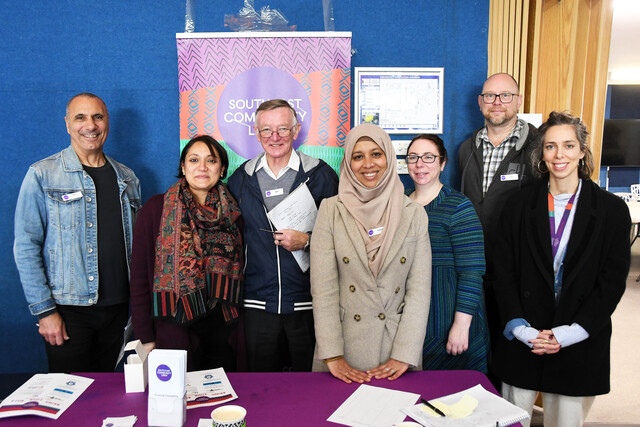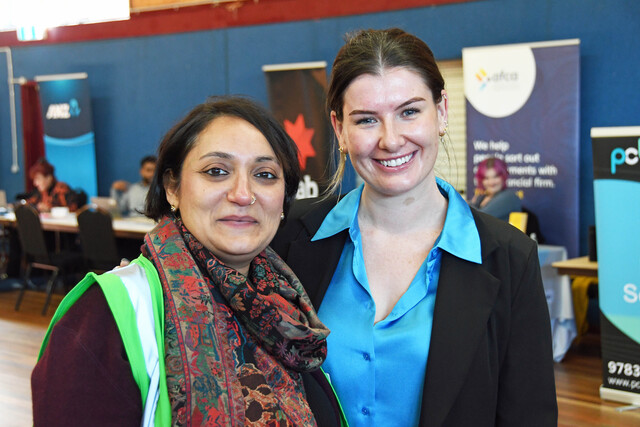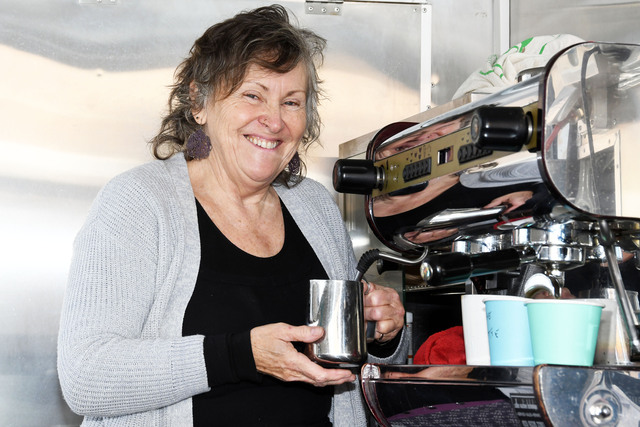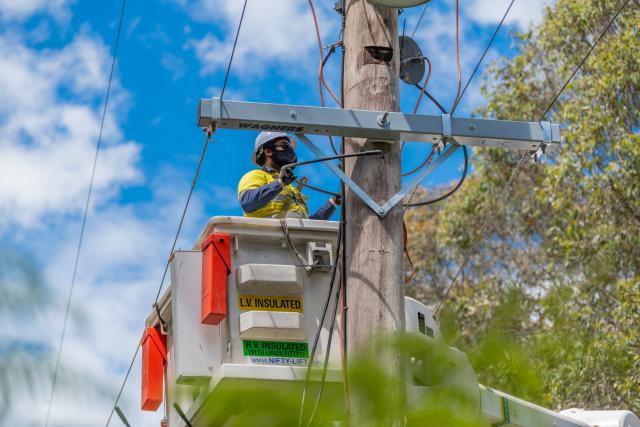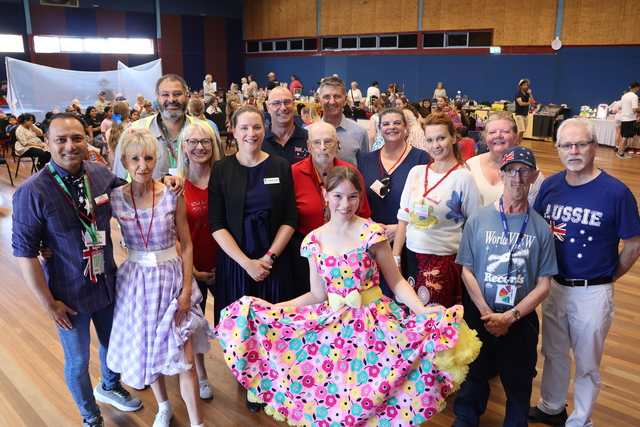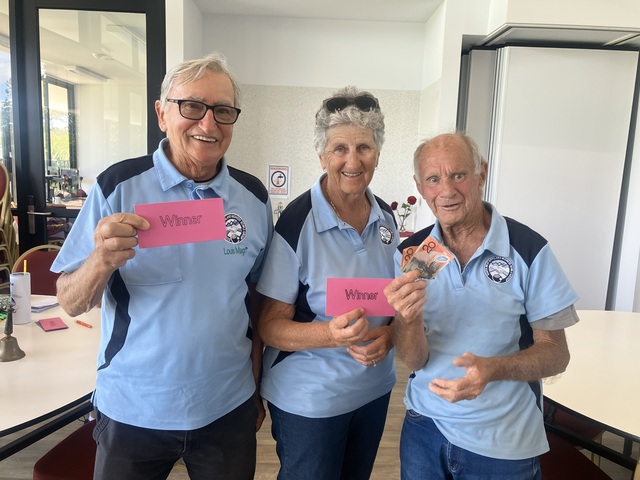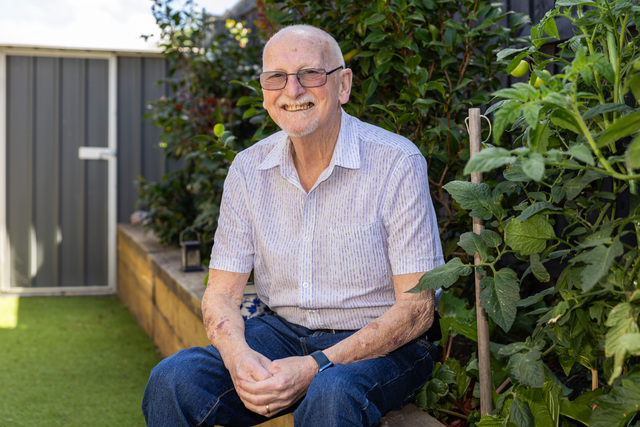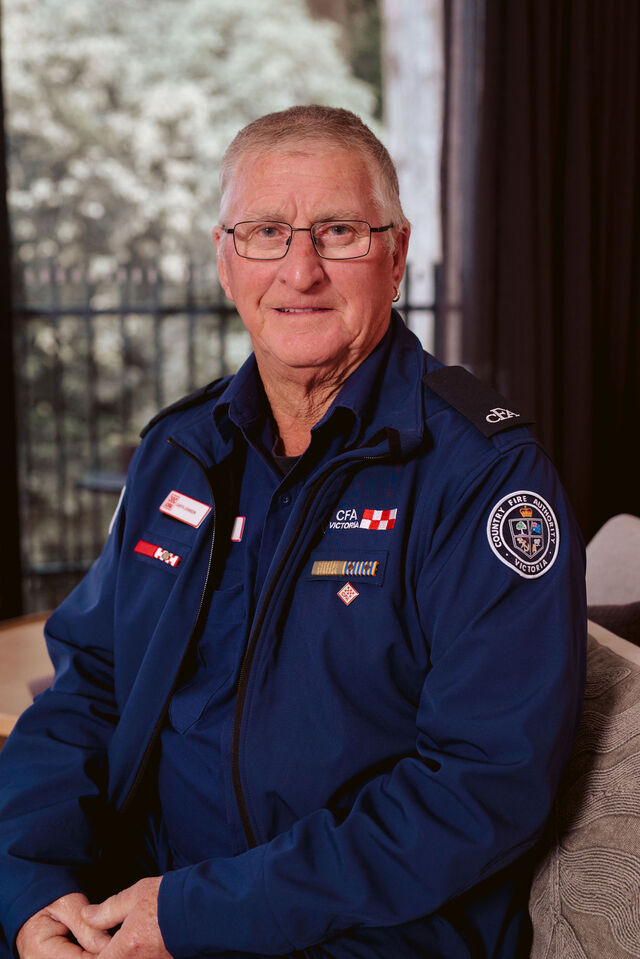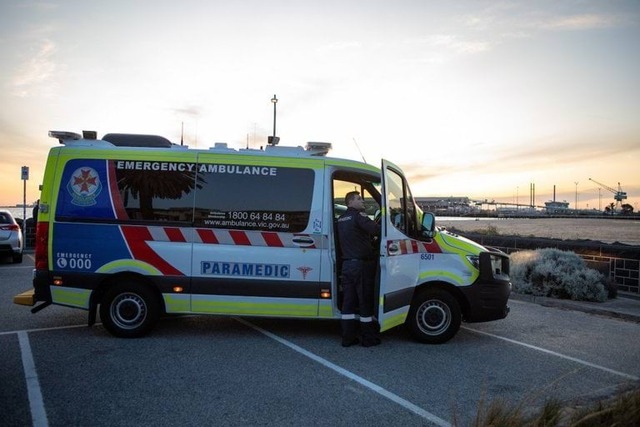The latest Bring Your Bills Day in Hampton Park has seen unprecedented needs as locals continue to struggle with the cost of living.
The sixth instalment of the serial program by South East Community Links recorded more than 200 attendances in the first and a half hours on Tuesday 2 July, already close to the entire turnout of 300 in the last event in Springvale in April.
The program, in response to the cost-of-living crisis, aims to educate and support people who suffer financial hardship with their bills, rental, legal, and fines.
Chief executive Peter McNamara said they brought service providers together to simplify things for people.
“Service providers might put them on a concession. They make them a grant. They might wipe the bills. Not everyone’s going to get their bills, or their fines, wiped, but there are some that can,” he said.
“At our last event in Springvale, we had a couple of our pensioners, but they weren’t receiving their discounts as pensioners, so this can be as simple as you’re on the wrong plan. With that couple, they wiped $700 off the payment straight away, plus they got a rebate.
“So much of the information we receive is confusing. Many people may feel guilt or shame if they get a debt, and they don’t want to open the bill. What we’re trying to do is say it’s okay. We’re here to help.”
The previous five events across Greater Dandenong, Casey, and Cardinia alleviated about $500,000 of debt and the Springvale event alone offered 250 concessions and relief grants for utility-bill customers.
A Casey local, who attended the day and preferred to be anonymous, said it was very difficult to live, especially with three children in the family.
“Grocery and mortgage are expensive, and only my husband is working and in the past two or three months, his work is not so good. It’s very hard,” she said.
“We bought our house in December 2019. The mortgages have gone up.
“Whatever goes into the pocket just finishes at the end of the week.”
As the family has no choice but to turn on the heat in the middle of the winter, the utility bills have been huge. In the hope of wiping out the bills, she showed up on the day.
“I thought they were going to directly pay the bills, but no. They said they would apply for the concession, and then wait for it. It takes time,” she said.
“Because my bill is due in four days and I am worried that if we don’t pay on time, they are going to charge us more.”
Another local, who also preferred to be anonymous, said the event provided a lot of information and getting information was good.
“Everybody is struggling and there’s no money left after paying all the bills every month. That’s why I came here.”
Rachna Madaan-Bowman, senior practitioner and financial counsellor of South East Community Links said the program was about giving information and advice, and it was very critical for people to understand that they have the right to ask for assistance in hardship.
“For us, it’s a starting point to begin a conversation,” she said.
“It is so important that the community understands that they have a right. And many don’t know that, so it’s taking that barrier away.
“At the same time, there’s always more that can be done.
“This is an opportunity for us to learn, but also for the stakeholders to learn from it and know that they need to do more to engage with the community, especially in the current cost of living crisis.”
Community Information & Support Cranbourne (CISC) executive director Leanne Petrides, who attended the day and offered help to locals, observed that as people struggled to juggle the range of payments, they had to make room for a whole lot of essential expenses.
“What we’re hearing is gas and electricity, rent, and mortgage payments,” she said.
“So often what that means is that food and those other items tend to fall quite low in the scheme of things. People are trying to keep their heads above water and they’re trying to pay all of their bills first.”
Ms Petrides said she felt doom and gloom looking at the whole picture in Casey.
“Every day, we’re seeing people who have never come in for support services before. Every day we’re seeing between 6 and 11 brand new people coming in and just completely at a loss of where to go, where to start,” she said.
“Homelessness is on the rise and that’s pushing up into an area of people who perhaps would never have been in that position: people who have jobs.
“No longer is employment necessarily a safeguard to protect your housing.
“There are people paying 80 per cent or more on their housing and therefore they’re having to move from welfare agency to welfare agency to welfare agency, where we encourage them to try to get food to offset those other expenses that they have because people don’t want to lose that roof over their head, and that’s understandable.”

